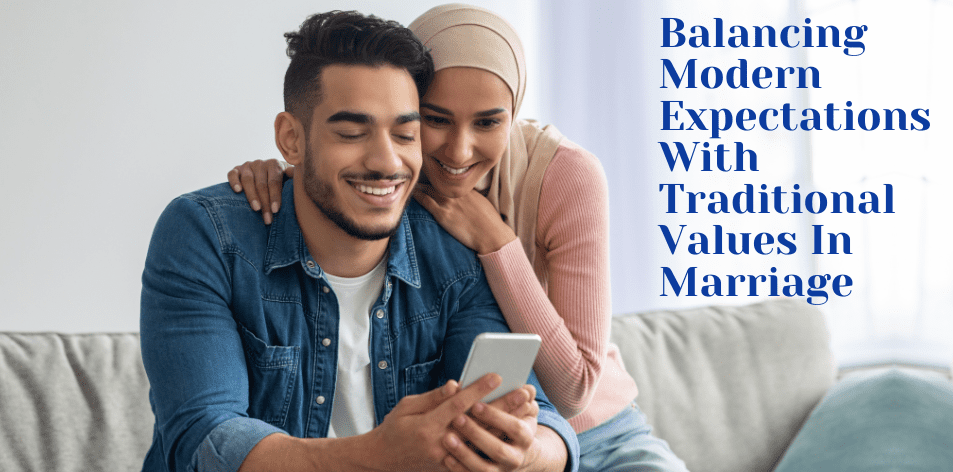Finding Harmony In A Changing World While Staying True To Faith
Marriage in today’s world brings with it both modern opportunities and fresh challenges. For Muslim couples, the journey involves not only navigating contemporary expectations—like shared financial responsibilities, communication styles, and career ambitions—but also honouring traditional values rooted in faith, family, and duty. Striking this balance is essential for building a fulfilling and spiritually grounded relationship.
1. Understanding the Foundations of a Muslim Marriage
A Muslim marriage is more than a social contract—it is a sacred covenant (`nikah`) guided by principles such as compassion, respect, and mutual rights. Before attempting to integrate modern dynamics, both partners should be clear about the religious framework that underpins their union.
2. Roles Are Responsibilities, Not Restrictions
While Islam outlines distinct roles for spouses, they are rooted in complementarity, not inequality. In modern contexts, these roles can be flexibly applied so long as mutual consent and fairness prevail. For example, if a wife chooses to work, it should be with the understanding and support of her husband, without neglecting spiritual and family obligations.
3. Communication: Merging Tradition with Transparency
Traditional marriages often upheld modesty in expression, but in today’s age, healthy communication is essential. Muslim couples should aim to communicate openly—but with `adab` (etiquette)—sharing feelings, expectations, and concerns with respect and sincerity.
4. Extended Families vs. Nuclear Independence
Many Muslim marriages involve close-knit families, which can sometimes clash with a couple’s desire for independence. Striking a respectful balance—valuing parental input without compromising the couple’s autonomy—is key. Boundaries must be set with wisdom and love.
5. Career Growth & Household Roles
Modern life often necessitates dual incomes. Muslim couples should support each other’s ambitions while ensuring the home remains a sanctuary of peace (`sakinah`). If both partners work, sharing domestic responsibilities can be a sign of mutual care—not a departure from tradition.
6. Social Media & Modesty
The digital world brings new pressures. Couples must agree on how they present themselves online, guarding both modesty and privacy. Traditional Islamic values of `haya` (modesty) should guide online conduct, while also acknowledging the realities of today’s interconnected lives.
7. Financial Transparency & Provision
Islamically, the husband bears the responsibility of providing, but financial transparency is vital in today’s marriages. Whether managing joint budgets or discussing investments, both spouses should consult and decide together with `shura` (mutual consultation).
8. Emotional Needs: Then and Now
Traditional marriages may not have openly discussed emotional intimacy. Today, emotional well-being is recognised as crucial. Spouses should strive to be emotionally available, express affection, and understand each other’s love languages—all within the bounds of Islamic ethics.
9. Prioritising Worship Together
Modern life is busy, but spirituality must remain the heart of a Muslim marriage. Praying together, reading Qur’an, or even attending Islamic events as a couple strengthens not just faith, but also the marital bond.
10. Adapting Without Compromising Core Values
Change is inevitable, but compromise should never mean abandoning faith. Muslim couples can embrace aspects of modernity that align with Islamic teachings, while gracefully setting aside those that don’t. It’s about adapting wisely—not blindly.

